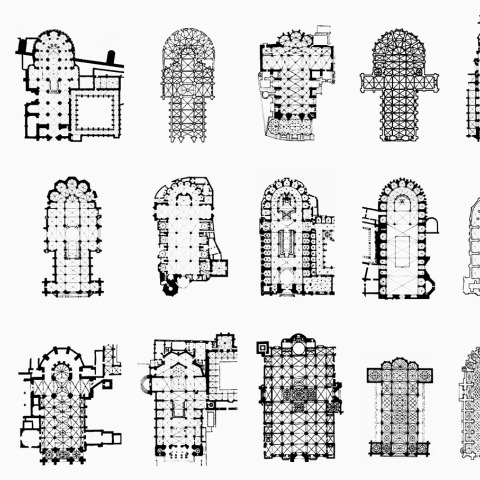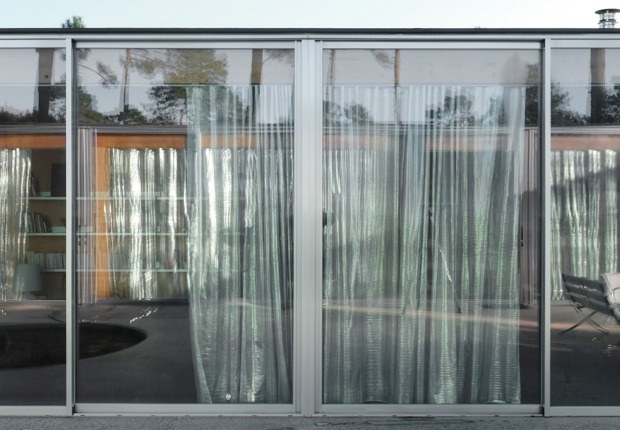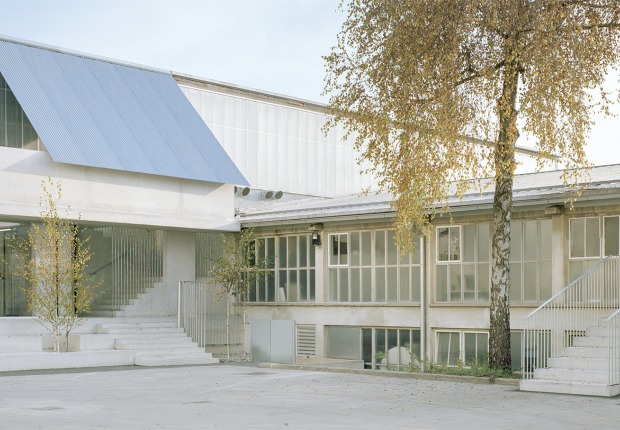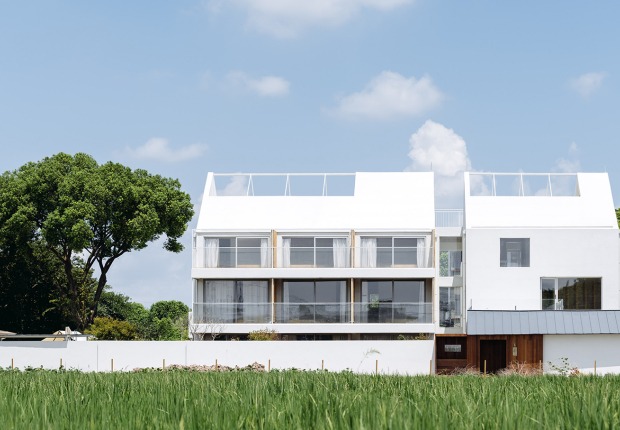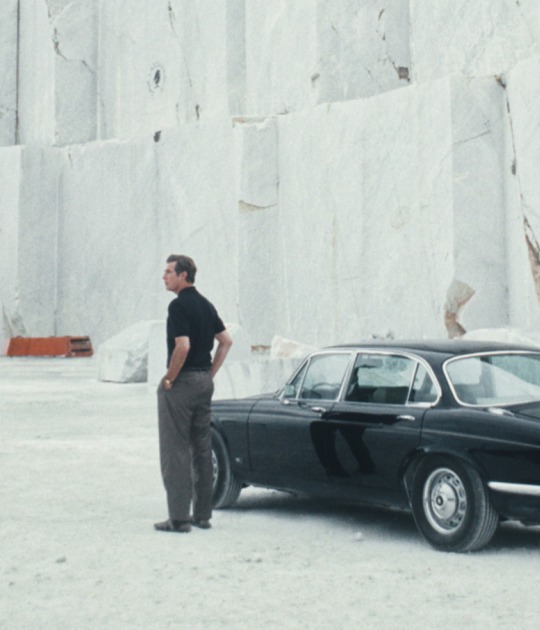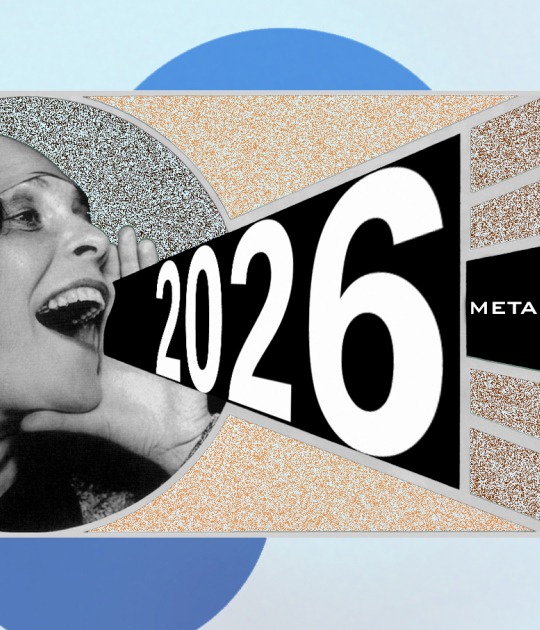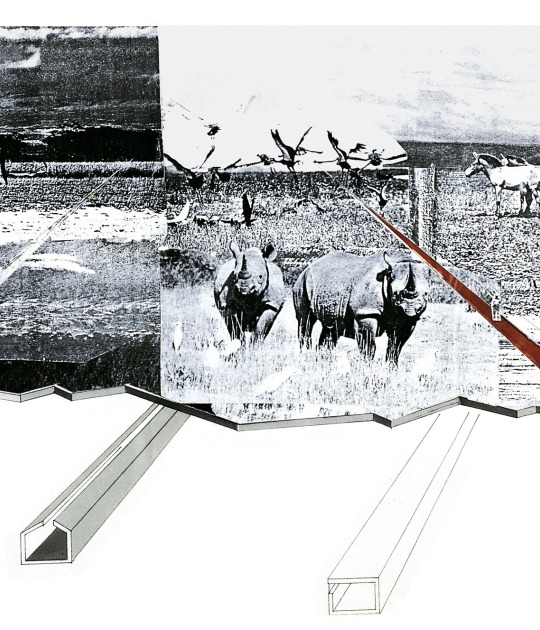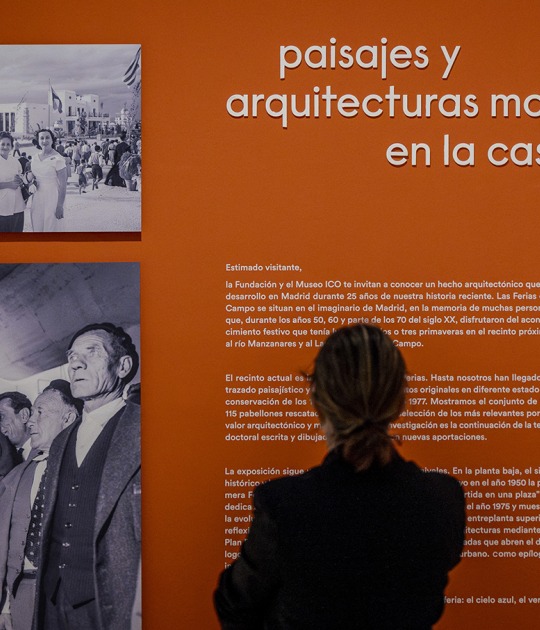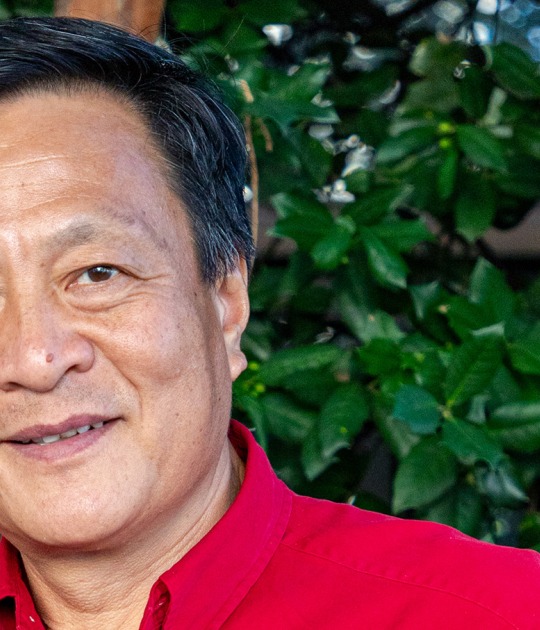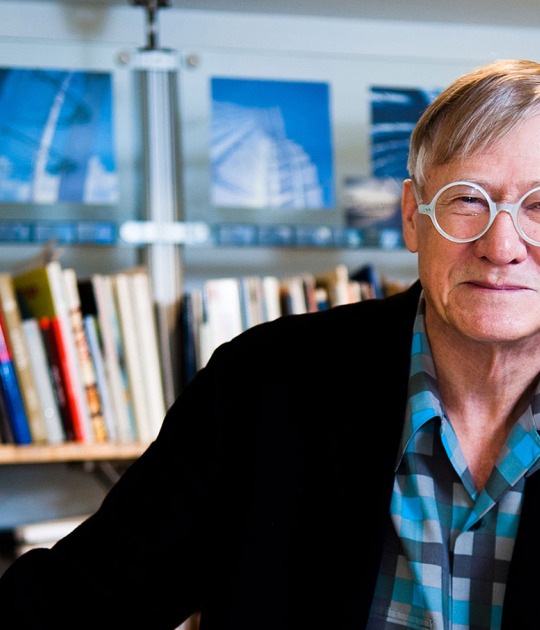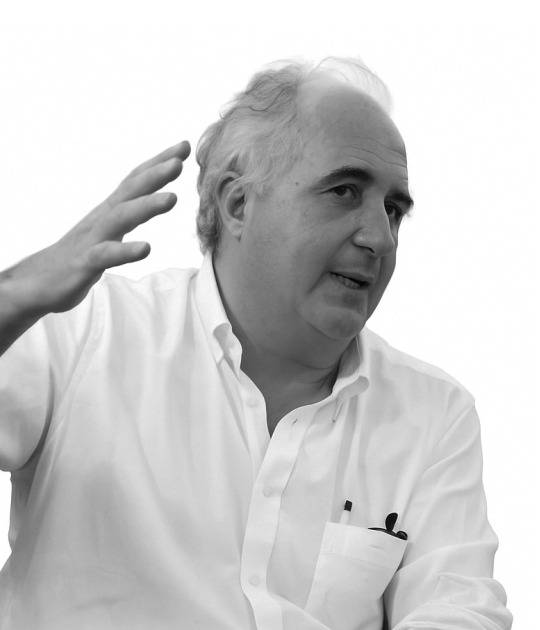Consistent with this line of thought, among his best-known and most popular books in the academic world is "Variations in Identity / Las variaciones de la identidad" (1), a book that is the result of this position displayed in 2C.
The book is a development of the concept of type, and arguably a development of the text "On tipology" published by Rafael Moneo in 1978. Carlos Martí will be much more pedagogical in his approach to the concept of type, his examples and his brilliantly structured discourse will make his text more educational and accessible to future architects.
Professor at the ETSA in Barcelona, his important intellectual career also made him the author of books such as "The forms of residence in the modern city" of 1991, "Eloquent silences" of 1999, "Loose ends" of 2012 or especially significant and relevant, "La cimbra y el arco" from 2005.
Of this last book, in 2014, the then director of the ETSAB, Jordi Ros, and on the occasion of the award of the distinction of Magister Honoris Causa to Carlos Martí, in the recognition event, pointed out the following paragraph:
The book is a development of the concept of type, and arguably a development of the text "On tipology" published by Rafael Moneo in 1978. Carlos Martí will be much more pedagogical in his approach to the concept of type, his examples and his brilliantly structured discourse will make his text more educational and accessible to future architects.
Professor at the ETSA in Barcelona, his important intellectual career also made him the author of books such as "The forms of residence in the modern city" of 1991, "Eloquent silences" of 1999, "Loose ends" of 2012 or especially significant and relevant, "La cimbra y el arco" from 2005.
Of this last book, in 2014, the then director of the ETSAB, Jordi Ros, and on the occasion of the award of the distinction of Magister Honoris Causa to Carlos Martí, in the recognition event, pointed out the following paragraph:
If I have learned anything after many years of dedication to these topics, it is that every attempt at theoretical construction in our field must, from the outset, assume its auxiliary role, its secondary condition, subject to works, which are the true repositories of knowledge both in architecture as in any other artistic activity. This auxiliary character that I attribute to theory in the field of art does not diminish its importance in any way, nor does it deny its decisive value. It is like the falsework that makes the construction of the arch possible: once its mission is completed, it disappears and, therefore, it is not part of the perception that we have of the finished work, but we know that it has been an obligatory and essential step, a necessary element to erect what we now see and admire.
2014 was a tough year, in which a parkinson began to manifest itself that would make him withdraw from public life since then.
That act was also the recognition of a lifetime dedicated to architecture, teaching, publishing, culture and construction. A journey that took him from his early years collaborating with Emilio Donato, building housing settlements in Algeria, going through his study training with Antonio Armesto, being a professor at the Milan Polytechnic until being the promoter of numerous initiatives at the Arquia Foundry.
NOTES.-
(1) “Variations in identity. Essay on the type in architecture ”. Reedition of his doctoral thesis defended in 1988 and directed by Giorgio Grassi, published by the Fundación Arquia in 2014.
That act was also the recognition of a lifetime dedicated to architecture, teaching, publishing, culture and construction. A journey that took him from his early years collaborating with Emilio Donato, building housing settlements in Algeria, going through his study training with Antonio Armesto, being a professor at the Milan Polytechnic until being the promoter of numerous initiatives at the Arquia Foundry.
NOTES.-
(1) “Variations in identity. Essay on the type in architecture ”. Reedition of his doctoral thesis defended in 1988 and directed by Giorgio Grassi, published by the Fundación Arquia in 2014.
